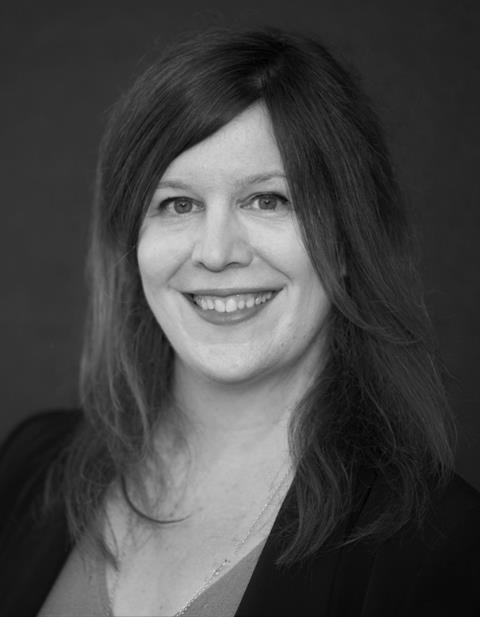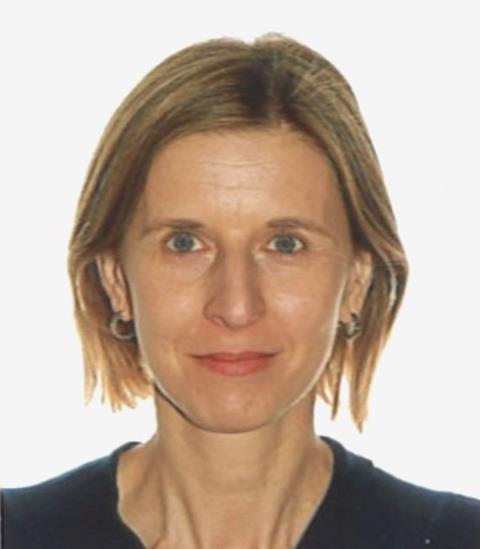CBC’s Lesley Birchard and Sílvia Pairó Vila of Catalonia’s 3Cat talk commissioning trends, rights requirements and greenlights
Factual producers have faced a turbulent time over recent years amid squeezed budgets and reduced demand from some buyers.
Global streamers have curtailed their requirements while broadcasters are facing spending cuts, so how can producers get their shows away?
Ahead of two Broadcast International panels at Sunnyside of the Doc next week, we hear from commissioners in Europe and North America about the state of the industry and find out that opportunities are still out there.

Lesley Birchard, executive in charge of production, The Nature of Things (CBC)
How would you describe the state of the international factual industry right now?
I would describe it as ‘in flux’, but when isn’t it in flux? It can be exhausting constantly trying to stay on top of shifting trends but in a way, that’s what we’re best at in the unscripted space - going with the flow, expecting the unexpected at all times.
What are the major challenges you are facing and how are you overcoming them?
Besides the usual of trying to reach new audiences and being efficient with our budgets, we’re working hard at The Nature of Things to bring more diversity behind the scenes on science and nature documentaries. Over the last few years, we’ve been hosting Science & Nature Filmmaking Workshops across Canada for BIPOC filmmakers and filmmakers with disabilities, in order to widen the pool of people with whom we’re working. We’re starting to see that work pay off - we’ve commissioned multiple short docs by filmmakers who participated in that program and others who we’ve connected with via other outreach.
Ryan Wilkes’ short doc The Bird in My Backyard has reached a wide audience on Youtube and CBC Gem, and was recently nominated for a Canadian Screen Award. Sonya Lee’s short doc Ugly Fish is in production now. Jonathan Qu and Kevin Li, who will be attending Sunny Side (and everyone should meet!), are in production on a short doc about a surgeon-scientist in Toronto. And we have many other great projects in the works. This is a priority for us.
What types of shows are you looking for?
We’re looking for science and nature stories, not lessons. We’re looking for projects in which one of our new hosts, Sarika Cullis-Suzuki and Anthony Morgan, can be involved in an active and immersive way. We have a trailer that gives you a sense of both of them (they’re fabulous) and there are more details on that same page about what we’re looking for and how to pitch us.
What models do you prefer and which rights do you need?
We like to be involved as early as possible, so that we can work collaboratively with independent producers to develop projects that will resonate with our audiences on CBC Gem, Youtube and linear television. We do a lot of international co-productions and are used to situations where there are multiple versions. Rights will vary depending on the financing scenario but of course, as Canada’s public broadcaster, we will always need Canadian rights.

Sílvia Pairó Vila, executive producer, 3Cat Documentary (TV3)
How would you describe the state of the international factual industry right now?
I work for the documentary department, which includes TV docs, short docs, docuseries and feature length [specials], so while docu-entertainment or factual is not in my every day work, I can say the documentary space is experiencing a golden age.
The public supports us, there is more on offer than ever and we are, as a broadcasting corporation, producing more than ever.
What are the major challenges you are facing and how are you overcoming them?
We are all producing more… and are competing in a jungle of content. We need to keep the focus on quality content. Don’t lower the quality level in order to reach another rating point. For a public broadcaster the key is always keeping in mind that we are a public service.
What types of shows are you looking for?
We are looking for a wide range of documentaries but with common denominators: quality, public service, impact themes and good audience [reach]. If I had to add something else, I’d say that [we also want] subjects that can seduce local audiences but also reach a global scope. These are very much of interest, because 3Cat is also interested in international sales of the content that we (co-)produce.
What models do you prefer and which rights do you need?
We produce some fully commissioned/associate productions each year (TV docs, shorts and a couple of TV series) but we are right now focused on expanding our international co-productions. 3Cat is Catalonia’s public media corporation and we broadcast our content in the Catalan language. But as previously said, projects and subjects that open a range of options for sharing rights with other territories and languages have been always in our scope, since our earliest years. It’s part of our DNA.
It is worth noting that around 40% of the Spanish film industry is based in Catalonia and the region offers various mechanisms and incentives that benefit film co-productions. 3Cat leads the audiovisual market in Catalonia, acting as a bench marker. We have over 40 years of experience and an offer which includes television, radio and digital content through the 3Cat OTT platform. We are also a reliable partner for foreign broadcasters. And we are open to starting rights discussions.




No comments yet